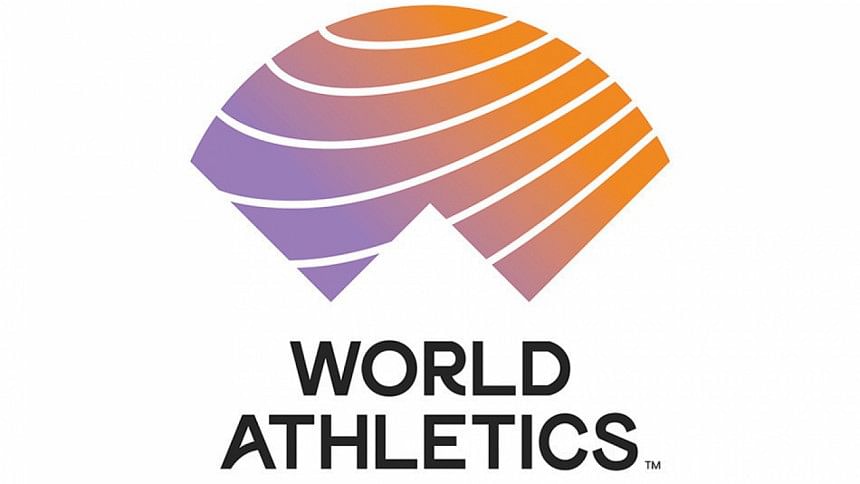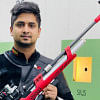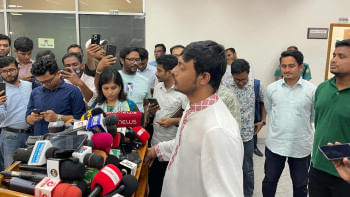Athletics first to award prize money at Olympics

Athletics has become the first sport to offer prize money to Olympic champions, announcing on Wednesday that the 48 gold medallists in Paris this year will earn $50,000 each to end a 128-year tradition.
Although the concept of purely amateur competition has long since disappeared from the modern Olympics with athletes often receiving payments from sponsors and professionals taking part for more than 30 years, the World Athletics decision is a major shift for the Games to deal with.
"This is an issue for our sport," World Athletics President Sebastian Coe told reporters.
"But I don't believe this is remotely at variance with the concept that the IOC often talks about, which is recognising the efforts that our competitors make for the overall success of the Games."
Coe said there had been no discussion about the plan with the International Olympic Committee, only that his organisation had give the IOC a heads-up shortly before announcing the $2.4 million prize pot.
"While it is impossible to put a marketable value on winning an Olympic medal, or on the commitment and focus it takes to even represent your country at an Olympic Games, I think it is important we make sure some of the revenues generated by our athletes at the Olympics are directly returned to those who make the Games the global spectacle that it is," Coe said.
The IOC, which has yet to comment on the development, distributes revenues from the Olympics to the international federations. A total of $540 million was allocated to the 28 sports at the Tokyo Games with World Athletics receiving the most at $40 million.
Norway's Olympic 400m hurdles champion Karsten Warholm welcomed the news.
"I think it's good so I want to salute them for it," he told Reuters. "It doesn't change my motivation to win because for the Olympics I'm not in it for the money. The gold medal is worth a lot more to me personally. But when it comes to building a professional sport, I think it's going in the right direction."
AMATEUR ETHOS
The amateur ethos of the Olympics, severely undermined by the success of state-sponsored competitors from the former Eastern Bloc, was swept away when the IOC agreed to allow professional athletes to compete in tennis, soccer and ice hockey at the 1988 Seoul Games
Basketball followed in 1992 and superstar professionals from the NBA gained huge attention when coming together in the United States "Dream Team".
Despite the continuing lack of prize money, athletes in many sports receive hefty bonuses from their governments and sponsors for triumphing in the biggest shop window of all.
Although athletics is the Olympics' biggest sport by number of participants and TV audiences, however, the vast majority of athletes, including many medallists, face a constant struggle for funding.
When Briton Coe won his 1,500 metres gold medals at the 1980 and 1984 Games, the Olympics and athletics were officially for amateurs, but he rejected the idea the new plan would undermine the amateur ethic.
"I'm probably the last generation to have been on the 75p meal voucher and a second class rail ticket when competing for my own country," the 67-year-old said.
"So, I do understand the nature of the transition we've been in. It is a completely different planet from when I was competing, so it is very important that the sport recognises that change in landscape and the added pressures on many competitors."
In 1992, the concept of trust funds for athletes was introduced and gold medallists at the 1993 world championships in Stuttgart received Mercedes cars. Gold medallists at last year's world championships earned $70,000, only $10,000 more than when prize money was introduced in 1997.
Olympic silver and bronze medallists in athletics will also receive prize money, but only from the 2028 Los Angeles Games, with details to be announced at a later date.

 For all latest news, follow The Daily Star's Google News channel.
For all latest news, follow The Daily Star's Google News channel. 







Comments